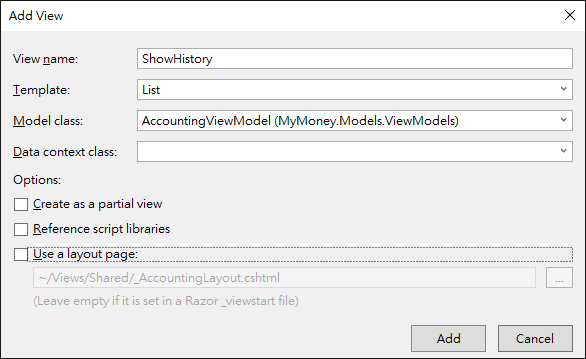


It won’t cover other important parts of your life that also affect your decisions, and it may even give the wrong impression. Your financial net worth is just that: financial. After all, not everything can be sold as easily as a car, and everyone can have things that they just don’t want to sell. While your net worth helps you see the big picture about your personal finances, it doesn’t give you the whole picture. What Your Financial Net Worth Doesn’t Show You might have options to consolidate or deal with your debt using equity you didn’t know you had.

When you have a goal to get out of debt, your net worth (or rather, the calculations behind it) can shine light on possible solutions. On the other hand, a $1000 bonus might have you planning your next big purchase, but if you remember that your net worth is still being held down by issues like debt, then you might have important second thoughts before clicking that order button. Keeping this big picture mentality in mind will help you avoid focusing too much on smaller parts, especially when changes happen.įor example, a sudden emergency that costs you $1000 might have you feeling like the world is ending, but comparing this to your overall net worth could put that into perspective and help you realize that things might not be so bad after all. Your net worth is useful because it gives you half of the big picture on your financial situation (the other half being your monthly income and expenses). How Knowing Your Financial Net Worth Helps You It will also naturally change as time passes, so a good rule of thumb is to calculate your net worth at least once a year and also whenever you need to use it. Of course, your net worth changes as you earn and spend money, which are 2 things you can easily track with our Income & Expense Tool. The number you get after following these 4 steps is your financial net worth.


 0 kommentar(er)
0 kommentar(er)
